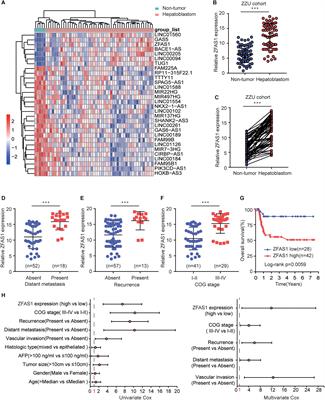ORIGINAL RESEARCH
Published on 23 Dec 2020
MACC1 Contributes to the Development of Osteosarcoma Through Regulation of the HGF/c-Met Pathway and Microtubule Stability
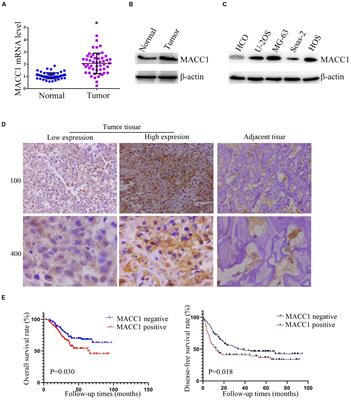
doi 10.3389/fcell.2020.00825
- 2,470 views
- 13 citations
15k
Total downloads
58k
Total views and downloads
You will be redirected to our submission process.
ORIGINAL RESEARCH
Published on 23 Dec 2020

REVIEW
Published on 26 Oct 2020
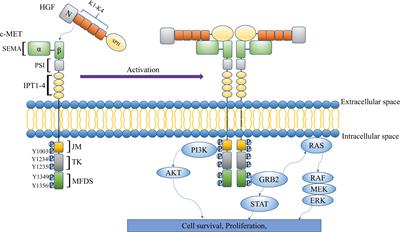
MINI REVIEW
Published on 18 Jun 2020
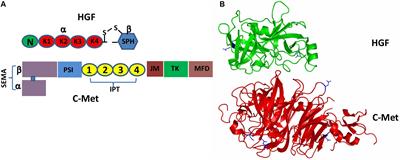
REVIEW
Published on 06 May 2020

REVIEW
Published on 11 Mar 2020
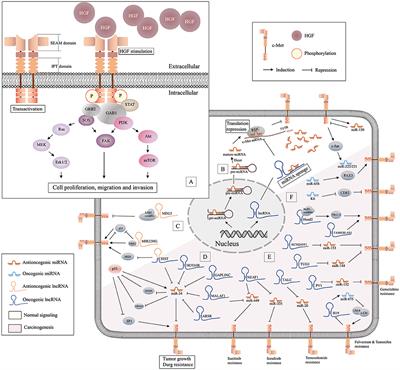
REVIEW
Published on 07 Feb 2020
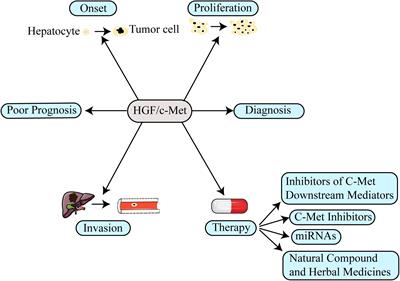
REVIEW
Published on 31 Jan 2020
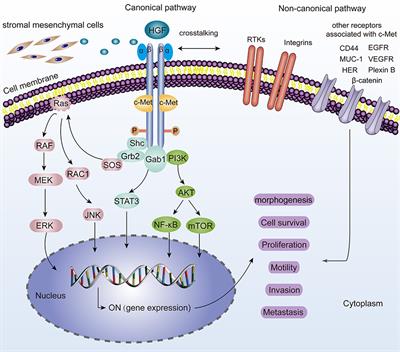
ORIGINAL RESEARCH
Published on 08 Nov 2019
